New Law May Impact on LGBT Rights Advocacy in Nigeria
Joseph Sewedo Akoro
Arcus Correspondent
Nigeria new law on Freedom of Information (FOI) may impact positively on LGBT rights advocacy in the country. The law will address the situation of corruption and promote good governance, which is a foundation for the protection of fundamental human rights.
LGBT rights activists could leverage on the provision of the new law to improve on their research and documentation of human rights violations on the grounds of sexual orientation and gender identity/expression. Records of discrimination especially those perpetrated by state actors can be required by any Nigerian citizen without demonstrating specific interest in the information.
Section 2 provides that “(1) Subject to the provisions of this Act but notwithstanding anything contained in any other Act, Law or Regulation, every citizen of the Federal Republic of Nigeria, has a legally enforceable right to, and shall, on application be given access to any record under the control of a government or public institution.
(2) An applicant herein need not demonstrate specific interest in the information being applied for.
(3) For the purpose of this Act, any record applied for under this Act that does not exist in print but can by regulation be produced from a machine, normally used by the government or public institution shall be deemed to be record under the control of the Government or public institution.”
This law seeks to provide a right of access to public information or records kept by government, public institution or private bodies carrying out public functions for citizens and non-citizens of the country. Furthermore it will increase the availability of public records and information to citizens of the country in order to participate more effectively in the making and administration of laws and policies and to promote accountability of public officers.
The bill, which was signed into law by President Goodluck Jonathan on June 2nd 2011, lasted for about 11 years in the National Assembly. The law would not have seen the light of day without the persistent advocacy of media groups and other civil society organizations. Before it passage into law, the bill saw relentless advocacy at the domestic and regional level mostly at the sessions of the African commission on human and peoples’ rights.

